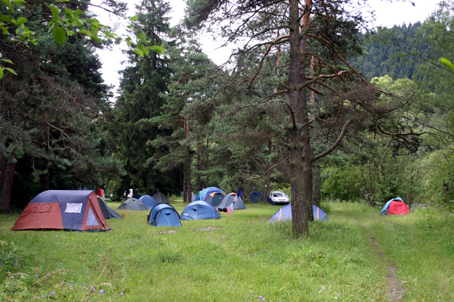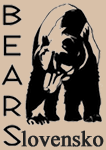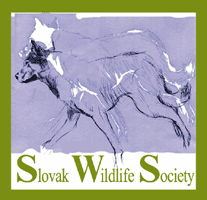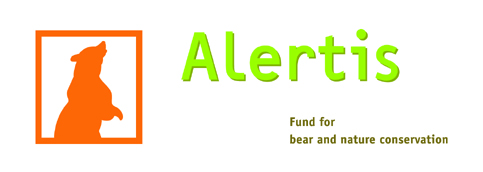

Camping
A small risk can be reduced to a minimum by using a few simple recommendations. Choose your campsite carefully. You should not choose a place where there is a lot of favourite bear food (e.g. raspberries, bilberries), or where it is clear that animals often walk. Check the area around for fresh signs of bears; if there are any, it would be better to spend the night elsewhere.  We do not recommend sleeping outside in the immediate vicinity of cottages, mountain hotels and the like, where there could be a bear which is used to feeding on refuse. In some areas, such as in National Parks, camping is only allowed at designated sites.
We do not recommend sleeping outside in the immediate vicinity of cottages, mountain hotels and the like, where there could be a bear which is used to feeding on refuse. In some areas, such as in National Parks, camping is only allowed at designated sites.
Keep your campsite clean and free of attractants. If you cook, clean the cooking area and dishes as soon as you have finished using them. Do not cook inside or near your tent and consider not keeping food next to you at night. If you have a car with you, put it in there instead. Avoid very odorous foods such as bacon and canned fish. Do not bury refuse, because a bear can still smell it and dig it up. Anything that cannot be thoroughly burned on a fire, pack up well and take with you.
Stricter measures are recommended in North America, where people come into contact with bears more often. For example, cooking and eating at least 100 metres from where you are going to sleep, suspending food at least 4 metres above the ground on a rope between two trees and storing food and refuse in special plastic containers.
If, despite these precautions, a bear comes into your camp – which is not very likely, but it can happen occasionally – it is probably because it is curious, you are camping on its travel route or it is trying to get your food. If it does not leave by itself, it will be necessary to scare it off with whatever you have to hand, for example by banging pots and shouting. Do not approach or feed bears.



